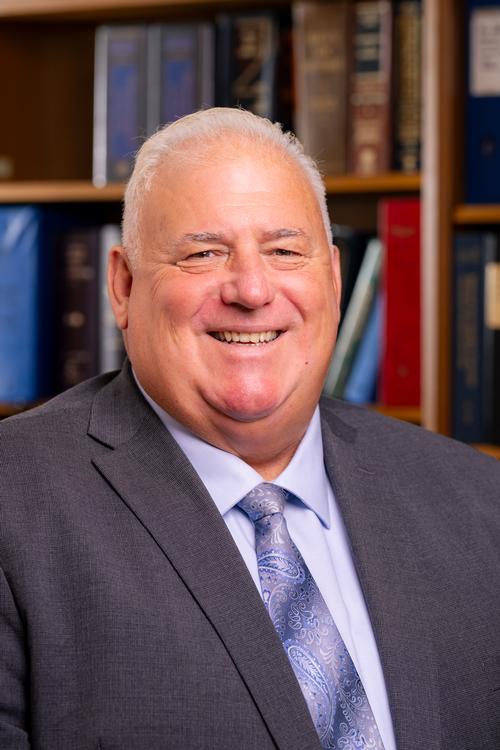Chemical pneumonia isn’t your typical pneumonia. It is different from the virus-induced pneumonia that your daughter picked up at school or the bacteria induced pneumonia that your wife caught in her office. Chemical pneumonia is not caused by a virus or by bacteria, but instead it can be caused by chemicals. One place where chemical pneumonia is possible is on a construction job site. The poisons or toxins that a construction worker breathes in can cause inflammation in his lungs—leading to a diagnosis of chemical pneumonia.
Three Things to Do If You Are Concerned About Chemical Pneumonia
According to WebMD, Chemical pneumonia is a serious medical condition. Accordingly, it is important to know:
- The symptoms. Symptoms of this condition include chest pain, shortness of breath, cough, headache, nausea, burning of the eyes, nose or throat, disorientation, and other flu-like symptoms.
- When to get medical help. You should get medical help when you first experience symptoms of chemical pneumonia. If the symptoms come on suddenly or are severe then you should take an ambulance to the hospital and contact the poison control center. Otherwise, you should see your own doctor as soon as possible. Your treatment plan will depend both on the type of chemicals you inhaled and the severity of your illness.
- What to do after you are diagnosed. Complications from chemical pneumonia can include organ failure, lung scarring, recurring pneumonia and death. Accordingly, once you have been diagnosed, it is important to follow your doctor’s treatment plan. This could include treatment at home or at the hospital. It is also important to contact a construction accident lawyer to make sure that your rights and potential recovery are protected.
Please help educate other construction workers about the risk. Share this article on Facebook or with your co-workers so that everyone can be aware of the danger and know what to do if they get sick.

